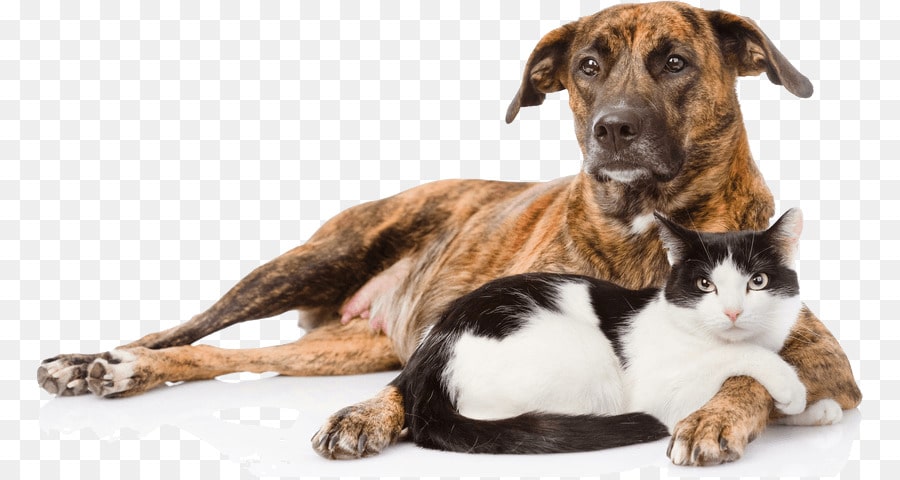Your cat could have diarrhea for numerous reasons, including ingesting foreign substances. If your cat shows signs of distress or has a sudden case of diarrhea, please contact your vet immediately.
Cats with chronic diarrhea or loose stools are often experiencing an inflammation of the gastrointestinal system. This can be caused from Inflammatory Bowel Disease (IBD) or Irritable Bowel Syndrome (IBS), which is often closely linked to the food that your cat is eating.
My Cat Eats The Same Food and Just Started Having Diarrhea
This is a common misconception about pet food, this idea that you have to feed the same food every day, for your pet’s entire life. Feeding the same food every day can actually cause food allergies or food intolerances because your cat may build up an intolerance to one of the ingredients in their food. So, they may eat the same chicken dinner for five years with no problem, but over time they begin to develop an intolerance to it.
Once that starts, the body begins the process of treating that food like an allergen, releasing antibodies to fight the allergen. This causes inflammation internally, which can lead to digestive upset and diarrhea. So, though nothing has changed on the outside, internally their response to the food is vastly different.
What Can I Do?
The first thing you need to do is figure out what ingredient might be causing the problem. A cat with loose stools is an uncomfortable kitty, so your first priority is finding a food that will work with your cat’s sensitive stomach. Look for foods with limited ingredients and easy to digest ingredients. A good food will not contain by – products, chemical preservatives or artificial flavors. Meat will be the first ingredient. Foods without corn, wheat or soy are a good idea for cats with digestive problems.
Transition your cat to the new food slowly, over the course of a few weeks. Once your cat’s stomach clears up, make sure to slowly introduce new foods on a regular basis. Rotating your cat’s food will help your cat build a stronger digestive system and help prevent future upsets.
For more information on limited ingredient diets, check out our full line of foods at Addiction Pet Foods.












